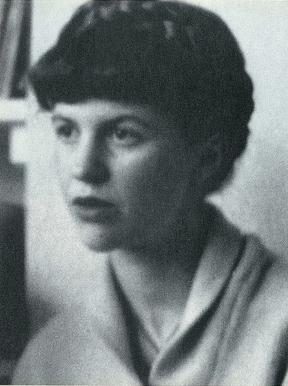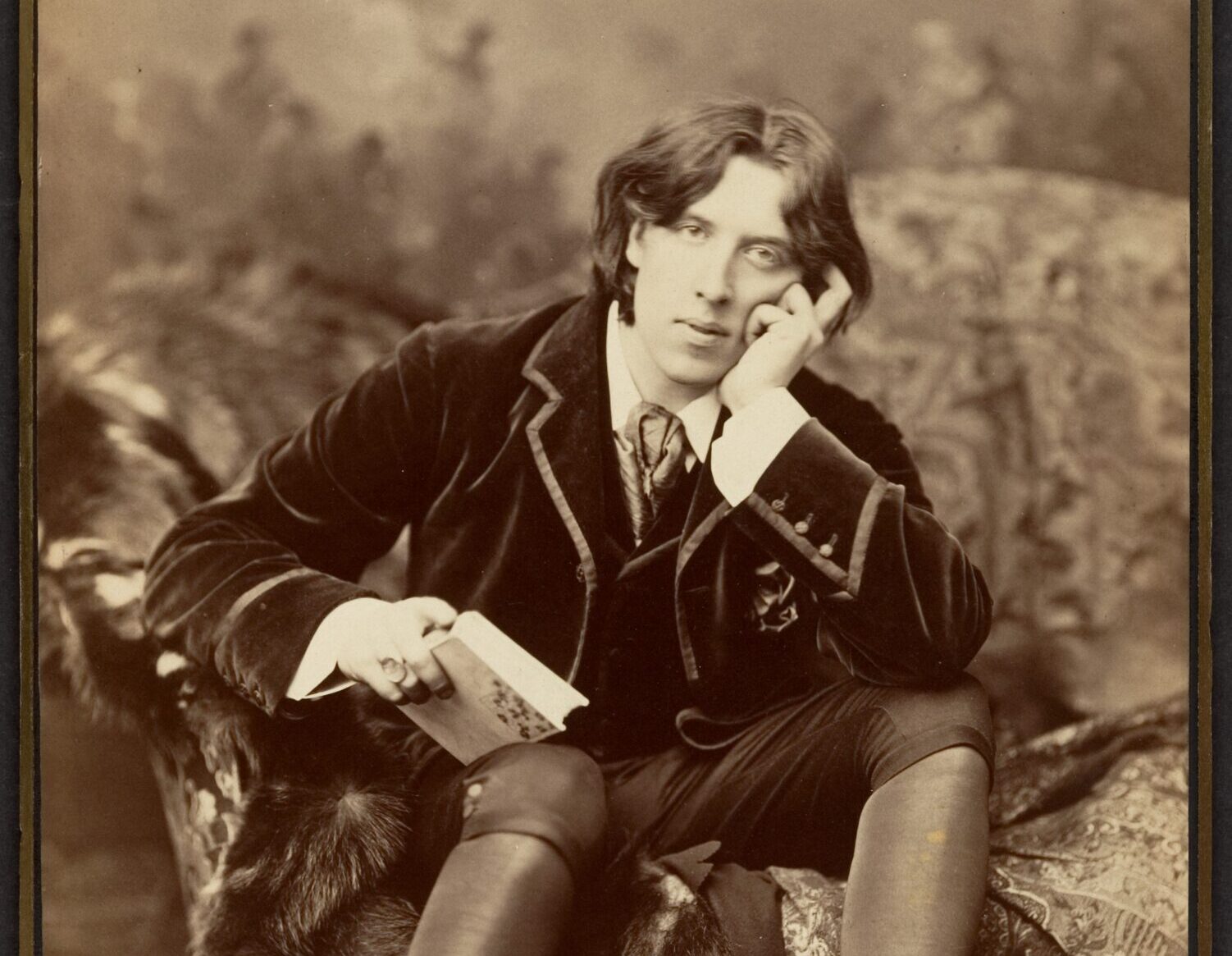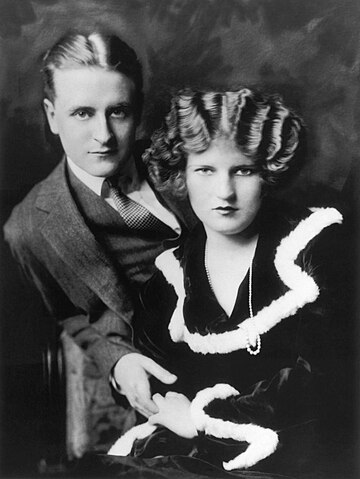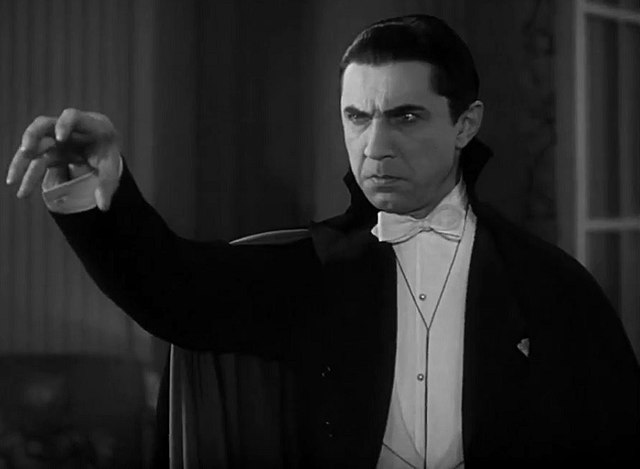Have you ever felt like the world makes little sense and therefore nothing means anything? In a similar post, I talked about futility in Ray Bradbury’s short story “Kaleidoscope.” The story tells us that at the end of our lives, the reasons for living and being present are varied…or nonexistent. In this post, I would like to take a deeper look at the idea of “futility” in writing. We will do this in order to examine its effect on stories and the struggles of famous writers.
What is futility?
How futility is defined depends on the source from which you harvest the idea. This this includes what media “futility” makes an appearance. For instance, the way modernist Hemingway uses futility to explain emotional detachment differs slightly from the cosmic horror and existentialism in works by H.P. Lovecraft.
As defined by Cambridge Dictionary, futility is “the fact of having no effect or of achieving nothing.” This explains its usage in Bradbury’s “Kaleidoscope,” in which multiple astronauts fly through space on their way to oblivion, all the while questioning their purpose. Merriam-Webster defines “futility” as “serving no useful purpose” and “completely ineffective.”
With both of these definitions, we can begin to explore the idea of futility in writing. Futility then is the feeling of having no effect on the universe or the world whatsoever. Therefore, it is also the lack of achievement in attempting to do something small or large.
Hemingway: In Our Time
Exploring the Text
There is an excellent piece of writing in a short story collection titled “In Our Time” (1925) by American author and modernist Ernest Hemingway. In it, Hemingway is discussing the violence of war—something that plagued him throughout his life and lumped him into the Lost Generation of artists. If analyzing the struggles of famous writers, one could definitely look at Hemingway.
Here, in this excerpt, futility acts as a sort of explanation for his feelings toward warfare in general. As you read, notice how he describes everything matter-of-factly in its execution.
He writes:
“They shot the six cabinet ministers at half-past six in the morning against the wall of a hospital. There were pools of water in the courtyard. There were wet dead leaves on the paving of the courtyard. It rained hard. All the shutters of the hospital were nailed shut. One of the ministers was sick with typhoid. Two soldiers carried him downstairs and out into the rain. They tried to hold him up against the wall but he sat down in a puddle of water. The other five stood very quietly against the wall. Finally, the officer told the soldiers it was no good trying to make him stand up. When they fired the first volley, he was sitting down in the water with his head on his knees.”
Examining the Text
The passage explores the futility of death. Each minister is lined up and shot, even one that is stricken with typhoid. The men stand quietly, unable to speak, perhaps acknowledging the meaningless of their own lives now in the face of a gun barrel. His writing is bleak and dark and it describes a feeling of hopeless abandon when humanity has left us and we are alone with our own barbarism. Hemingway’s punchy prose (the muscular prose) tells us directly what is happening and therefore his syntax acts like a freight train headed our way. There is no existence in the face of death. Even the sick are without dignity and respect.
However, his directness in attacking these feelings and how humanity can consume itself with its most basic hatred and violence help us see the world differently–a world of futile gestures.
Furthermore, I feel as though this passage and interpretation encapsulate a lot of Hemingway’s work (a sentiment I gleaned from Kurt Vonnegut as well). In his novel, The Old Man and the Sea, one could interpret much of the action through a lens of futility, as even the climax of the story involves the loss of the protagonists catch.
Sylvia Plath: Widow and The Colossus
Exploring the Text
Sylvia Plath’s poetry was riddled with the ideas of futility (and anxiety, fears, depression, and sadness), and the loss that permeates her writing spell out a world in which the struggles of famous writers is useless in the face of despair. However, her poems ring with an aching beauty, one that can only come from mournfulness in futile existence.
In “Widow,” she writes about the experience of being an outcast when societal mores push a misanthropic view onto widowers. After all, if a widower, one will achieve nothing and serves no useful purpose. She writes, “Death is the dress she wears, her hat and collar. / The moth-face of her husband, moonwhite and ill, / Circles her like a prey she’d love to kill” (Plath).
Examining the Text
With such depth of thought as it relates to her existence, she pushes the reader to think of the pain and anger that the title of “widow” has created. Her futile existence is apparent and therefore her conscience is acting out against it, regardless of its lackluster effect. Furthermore, Plath writes in “The Colossus” that loss is permanent and painful and causes horrid emotions that feel gigantic in scope. The futility of these emotions are a great weight, as they are massive in comparison to one’s reality. “My hours are married to shadow,” she writes. “No longer do I listen for the scrape of a keel / On the blank stones of the landing.”
Here, and according to some sources, she is writing about the loss of her father, who was apparently a huge force in her life. Yet, the line, “My hours are married to shadow,” tell us that each waking moment is but darkened existence, held captive by the loss she has endured; thus, the meaningless, the lack of achievement, the completely ineffective way her heart works against the loss of life, spell futile existence in her heart.
Conclusion
In other words, if we see a world in which nothing matters, we have to ask ourselves not just “Why?” but “Why do we think that?” The answer to that question can unlock a door into growth and responsibility, even in the face of famous writers’ struggles.
Futility may have a negative connotation. It creates a feeling of emptiness–what I call The Void–and inhibits our understanding of the universe at large. Yet, I also believe that by understanding futility, we can actually begin to see purpose in the world. That is to say, the act of “achieving nothing” and being “completely ineffective” must make us rethink our own purpose and dealings in life. Recognizing futility can be a reflective moment that allows us to see ourselves in third person and it also enables us to question our own motives and wants.
In context, and through the eyes of Hemingway, futility is the realization that warfare is horrid and leads only to death and loss. As such, moments like the one illustrated in this post–in which the ministers are shot–show is this shocking world and make us, the reader, reflect on humanity’s foibles.
Meanwhile, as it relates to Plath, her exploration of being a widow and the loss of her father can feel like the fingers of futility on our soul. In reflection we can see how loss can create understanding in ourselves and being labeled a certain way in culture can help us see how other marginalized groups feel in society.
Works Cited
Plath, Sylvia. “Widow.” Poetry. March 1962. Web. https://www.poetryfoundation.org/poetrymagazine/browse?volume=99&issue=6&page=18
Hemingway, Ernest. In Our Time. Boni & Liveright. New York. 1925.
Discover more from The Writing Post
Subscribe to get the latest posts sent to your email.



